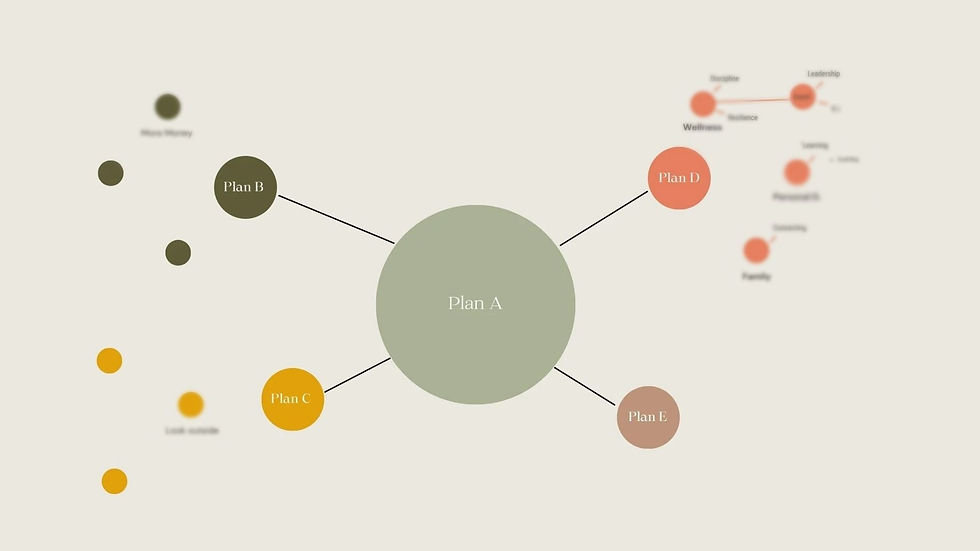Many Happy Returns
- simonavaglieco
- Jun 10, 2020
- 2 min read
Updated: Apr 14, 2022

I recently read this article on the HBR about late bloomers (The Art of Blooming Late by Kevin Evers ) and I couldn’t help thinking about all the people who too often say "I am too old to...." From the illustrious examples mentioned in the article, I was very happy to learn that age is an asset when it comes to career change, which seems to happen increasingly often at a more mature age probably because, according to Rich Karlgaard author of Late Bloomer, “our culture’s obsession with early achievement dissuades us from pursuing our passions”. Interestingly, it seems that the average age of founders of high-growth start-ups is 45. In fact the advantage of a career change later in life is not to be underestimated. We have acquired quite a vast expertise and a diverse knowledge that includes that precious "life experience”, so difficult to quantify but of great value when working toward change. To quote developmental psychologist Erik Erikson Karlgaard, the “ages 40 to 64 constitute a unique period where one’s creativity and experience combine with a universal human longing to make our lives matter.”
Obviously life expectancy is also a very important factor, I would like to add. Having taken advantage of all the learning opportunities in their jobs some people might not like the idea of having to play golf full time or dedicate their lives to gardening in what we still refer to as “retirement age”.
When we are ready to take the leap it pays to first assess if a radical change is what we really want. In my job as a transitional coach, I meet people who feel a restlessness they can't explain and are constantly trying to come up with new ideas to put their mind at rest not knowing what they are looking for. Like butterflies they flap their wings touching on here and there but ending up feeling more confused than before. Sometimes the lack of fulfilment has not so much to do with their role but with the environment they work in which may restrain their full potential. In a case like this, change may be possible without having to start afresh. Working with a coach in that situation is a great help as it can offer an objective analysis of the worth of the current position and the possibilities to reposition oneself while at the same time calming all those too distracting quick-solution plans. However if the answer is for a drastic change then the next question is to know one’s priorities and values in what we are pursuing. Take the story of a successful financial trader who decided to follow his new passion and study psychology in order to become a therapist only to go back to working in finance because it paid better. Money is in fact a very important consideration. Knowing that a new career might take time to take off and that it is difficult to predict how long the transition will be before it becomes profitable, is something to factor in. Also, we must not underestimate how the change we long for may affect the lives of those around us.
"Midlife crises" are good if they are not crises but moments of transition when we take stock and we decide how we want to move forward.



Comments